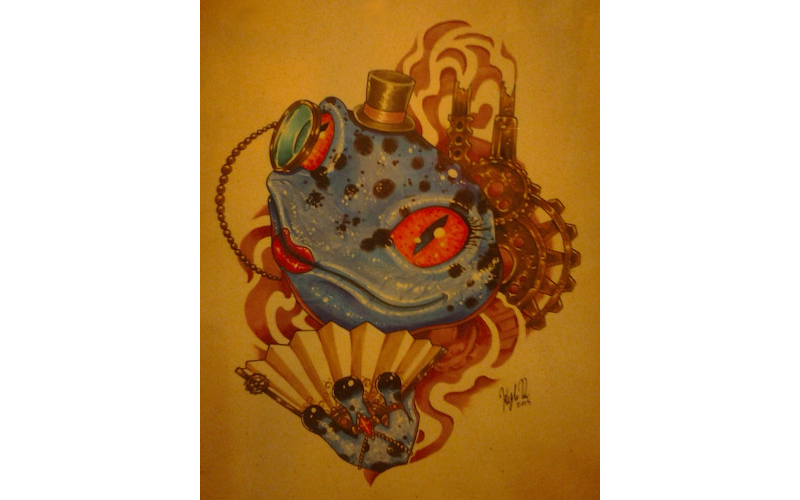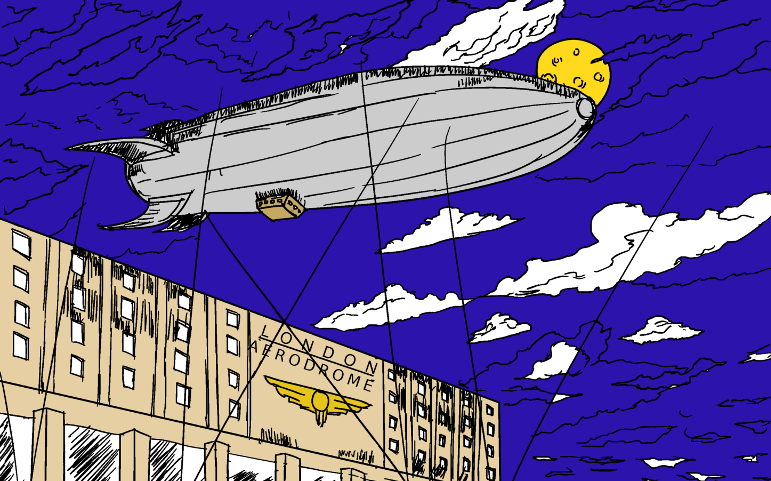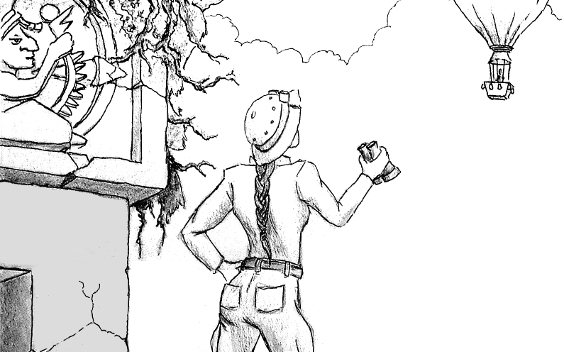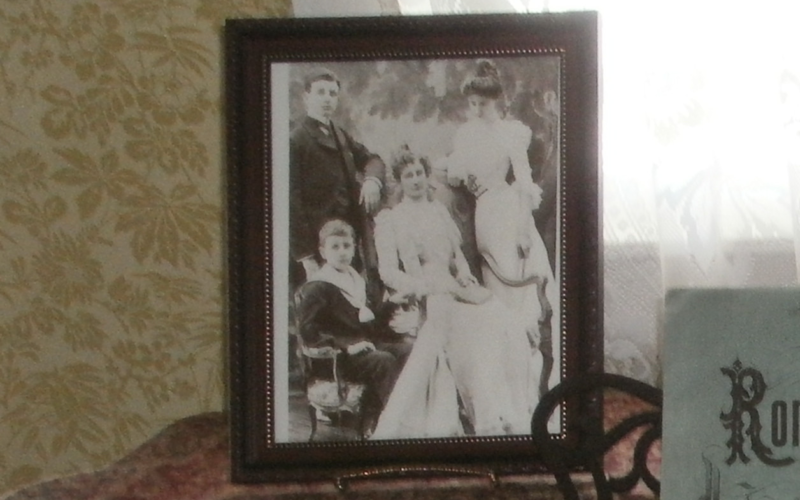“Remember, remember, the fifth of November and the gunpowder treason and plot.”
– English nursery rhyme

Mysterious stranger wearing a Guy Fawkes mask.
Today in the UK is Guy Fawkes Day, which commemorates the 1605 foiling of a plot by Roman Catholic rebels to blow up the British Parliament building. It’s traditionally celebrated with fireworks, bonfires, and the burning of effigies of the infamous traitor. More recently, Guy Fawkes has become symbolic of the rejection of authority.
One of those November 5th traditions is wearing the Guy Fawkes mask, now recognized around the world since the 2006 film V for Vendetta. Based on a graphic novel by Alan Moore and David Lloyd, the movie features a mysterious rebel who fights the fascist government of a post-nuclear-war Britain. The character “V” wears the Fawkes mask to hide his identity, as well as the effects of horrific government experimentation he had suffered previously.
The movie was a world-wide hit, where fans drew parallels between its fictional neo-Nazi government and the post-911 surveillance state. The Internet hacker group Anonymous wore the mask in protests against the Church of Scientology in 2008. The mask also appeared in the Occupy Wall Street protests and during the 2011 Arab Spring.
Guy Fawkes Day was also the occasion of the first “money bomb,” a new kind of Internet-based fundraiser conceived by activist musician Trevor Lyman to aid the 2008 Ron Paul Presidential campaign. It was surprisingly successful, a kind of precursor to the populist revolts of the late twenty-teens. Establishment pundits seized on the Fawkes connection and accused Paul’s libertarian supporters of advocating terrorism.
Though V for Vendetta made the Fawkes mask a symbol of rebellion, the reasoning behind Moore’s choice of this theme is not so straightforward. He meant the character V to be morally ambiguous, possibly a hero, or maybe a madman. The historical Fawkes was an equally complex character.
I wouldn’t consider Fawkes a terrorist, as he targeted his enemies in government rather than civilians. Though his tactics were evil his cause was just. The rule of King James I had made life hellish for Roman Catholics in England.
Upon his arrest, Fawkes was defiant, gaining the admiration of King James, though not his mercy. He resisted hours of torture but finally broke, implicating his co-conspirators. All were tried and sentenced to death by drawing and quartering. On the day of his execution, Fawkes cheated the authorities of their revenge by jumping off the gallows platform, breaking his own neck.
Though the Vendetta movie made the face of Guy Fawkes into a world-wide meme, Alan Moore was critical of the adaptation. He felt the script had made the V character into more of an unambiguous hero, and softened the graphic novel’s anarchistic message. Even so, I found V’s actions to be disturbing, particularly the way he treated his protege Evey.
Regardless of the controversy surrounding Fawkes, November 5th has become an important day for lovers of liberty around the world. It is no longer just for the English to remember.
References: Wikipedia articles on Guy Fawkes, V for Vendetta, and Money Bomb.




































Creepy Guy